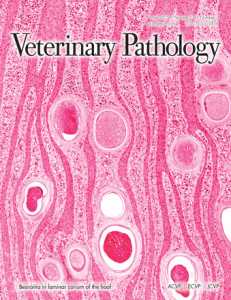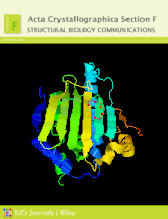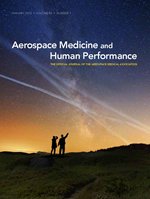 In case any pilots out there are worrying about their risk of prostate cancer based on a recent meta-analysis that found they are at least twice as likely to develop the disease, they should relax — the paper has been retracted.
In case any pilots out there are worrying about their risk of prostate cancer based on a recent meta-analysis that found they are at least twice as likely to develop the disease, they should relax — the paper has been retracted.
The reason: “including inappropriate data from two studies that should be ineligible.”
“The risk of prostate cancer in pilots: a meta-analysis” reviewed eight studies to determine whether airline pilots, who are regularly exposed to radiation and other occupational hazards, have a higher incidence of prostate cancer. However, it also included studies that reported on prostate cancer among all U.S. Armed Forces servicemen, not pilots.
The retraction notice was posted in May — only months after it was published in Aerospace Medicine and Human Performance in February. The notice included a letter to the editor outlining flaws in the meta-analysis and an apologetic response from first author, David Raslau at the Mayo Clinic.
Here’s the notice (appearing at the bottom of page 2):
Continue reading Analysis of pilots with prostate cancer retracted for “inappropriate data”
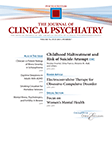
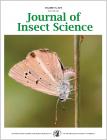

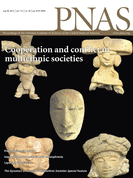
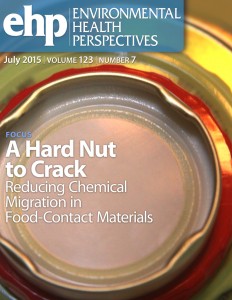
 A widely reported finding that the risk of divorce increases when wives fall ill — but not when men do — is invalid, thanks to a short string of mistaken coding that negates
A widely reported finding that the risk of divorce increases when wives fall ill — but not when men do — is invalid, thanks to a short string of mistaken coding that negates 